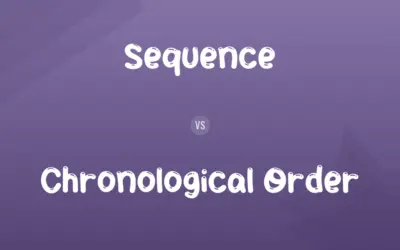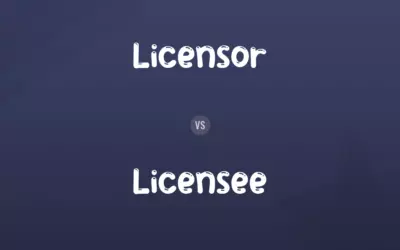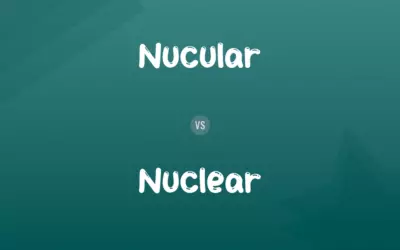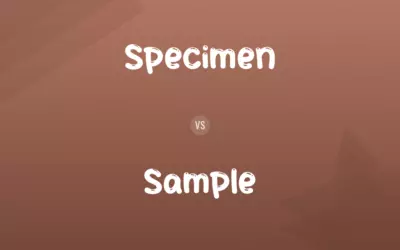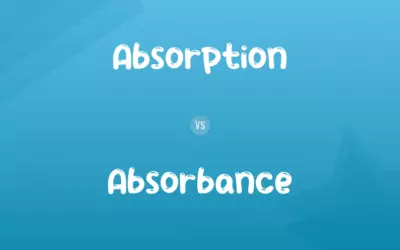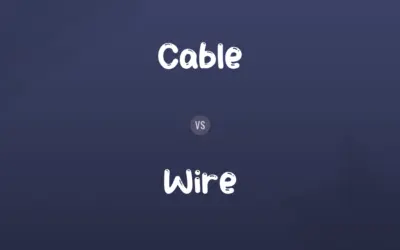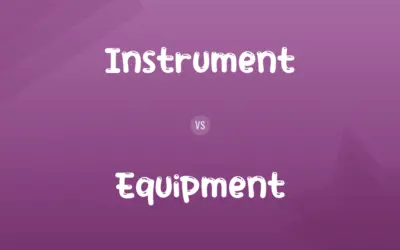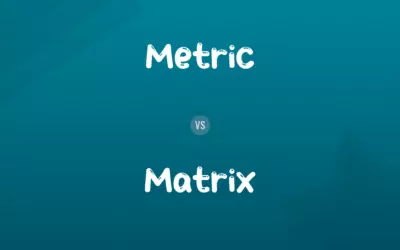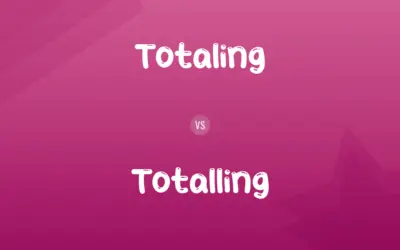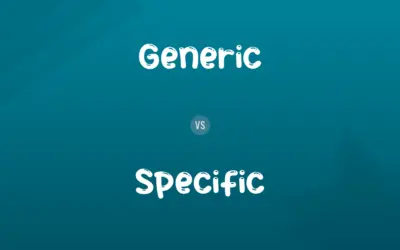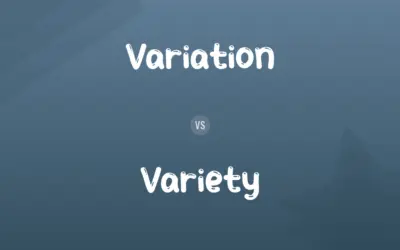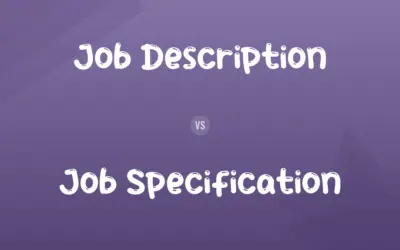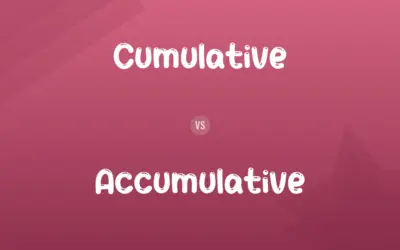Earnest Money vs. Due Diligence Money: Difference and Comparison
By Muazma Batool & Muneeza Rehman — Published on March 4, 2024
Earnest money secures a real estate deal, showing buyer commitment, while due diligence money compensates the seller for taking the property off the market during the buyer's investigation period.
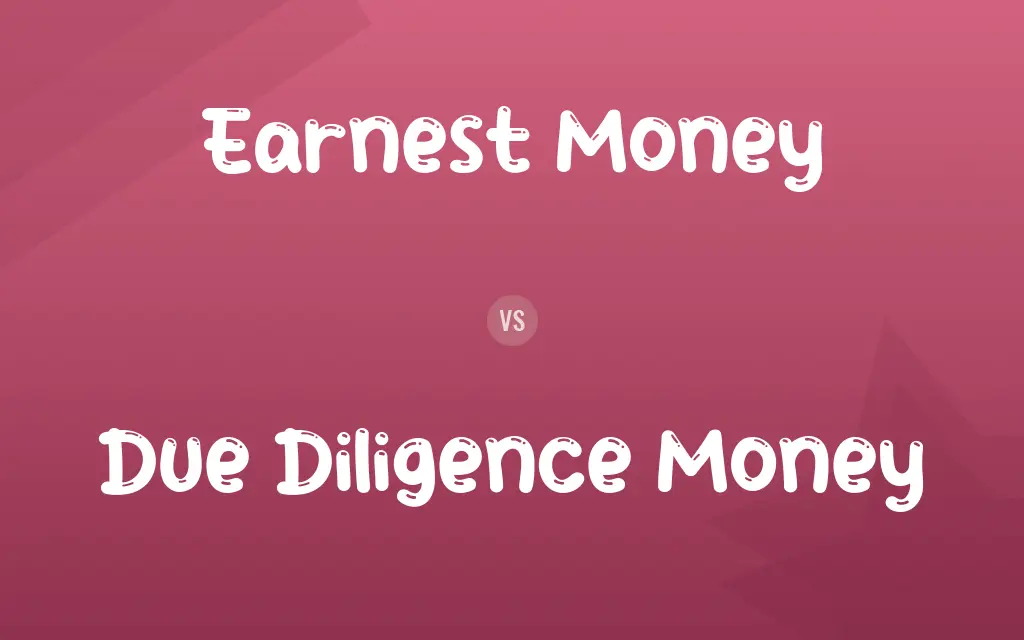
Difference Between Earnest Money and Due Diligence Money
Earnest money acts as a deposit to demonstrate the buyer's serious intention to purchase and is typically held in an escrow account until closing, where it can be applied to the down payment or closing costs. Due diligence money, however, is paid directly to the seller for the exclusive opportunity to further investigate the property within a specified period.
Muazma Batool
Mar 04, 2024
The amount of earnest money varies but is generally 1-5% of the purchase price, reflecting the buyer's commitment to the transaction. In contrast, due diligence money can be a negotiated amount, often less than earnest money, and is meant to compensate the seller during the buyer's investigation phase.
Muazma Batool
Mar 04, 2024
If the buyer decides to proceed with the purchase, earnest money is credited towards the purchase at closing. However, due diligence money is typically non-refundable and is paid for the right to conduct inspections, appraisals, and secure financing without the seller entertaining other offers.
Muazma Batool
Mar 04, 2024
The loss of earnest money is conditional, often protected by contingencies allowing buyers to back out under specific circumstances without penalty. On the other hand, due diligence money is usually non-refundable, emphasizing its purpose to cover the seller's risk during the buyer's due diligence period.
Muazma Batool
Mar 04, 2024
Earnest money provides a safety net for both buyer and seller, indicating a locked-in deal with financial stakes. Due diligence money, while offering the buyer exclusive rights to investigate, primarily serves the seller's interest by ensuring compensation regardless of the buyer's final decision.
Kaitlyn
Mar 04, 2024
Earnest Money vs. Due Diligence Money Comparison Chart
Purpose
Secures real estate transaction
Compensates seller during investigation
Muazma Batool
Mar 04, 2024
Refundability
Conditional, based on contract contingencies
Typically non-refundable
Muazma Batool
Mar 04, 2024
Earnest Money vs. Due Diligence Money Definitions
◉Earnest Money
Refundable under specific contract contingencies.
They got their earnest money back after the inspection revealed major issues.
Muazma Batool
Feb 27, 2024
◉Due Diligence Money
Non-refundable, compensating the seller during the buyer's investigation.
Even after backing out, the seller kept the due diligence money.
Muazma Batool
Feb 27, 2024
◉Earnest Money
Held in an escrow account until closing.
Their earnest money was applied toward the down payment at closing.
Muazma Batool
Feb 27, 2024
◉Due Diligence Money
Offers the buyer exclusive investigation rights.
With due diligence money paid, they had exclusive access to assess the property.
Muazma Batool
Feb 27, 2024
◉Earnest Money
Varies by transaction but generally 1-5% of the purchase price.
For their $300,000 home, they put down $15,000 as earnest money.
Henry
Feb 27, 2024
◉Due Diligence Money
Paid to the seller for the right to inspect and evaluate the property.
They paid $1,000 in due diligence money for a 30-day evaluation period.
Muazma Batool
Feb 27, 2024
◉Earnest Money
A good faith deposit in real estate transactions.
The buyer submitted $5,000 in earnest money to secure the deal.
Muazma Batool
Feb 27, 2024
◉Due Diligence Money
Amount is negotiable and often less than earnest money.
To sweeten the deal, they offered $500 in due diligence money.
Kaitlyn
Feb 27, 2024
◉Earnest Money
Demonstrates buyer's serious intent to purchase.
Offering a higher earnest money amount can make an offer stand out.
Olivia
Feb 27, 2024
◉Due Diligence Money
Not applied to the purchase price, seen as a cost of investigation.
The due diligence money was a small price for peace of mind.
Kaitlyn
Feb 27, 2024
Earnest Money vs. Due Diligence Money Frequently Asked Questions
What is earnest money?
Earnest money is a deposit showing the buyer's commitment to a real estate transaction, held in escrow until closing.
Muazma Batool
Mar 04, 2024
Can due diligence money be negotiated?
Yes, the amount is negotiable and often reflects the buyer's interest level and the market dynamics.
Muazma Batool
Mar 04, 2024
What is due diligence money?
Due diligence money is paid directly to the seller for the buyer's right to investigate the property within a certain period.
Muazma Batool
Mar 04, 2024
How much earnest money should I offer?
Typically, 1-5% of the home's purchase price, but it can vary based on market conditions and the property's demand.
Muazma Batool
Mar 04, 2024
Why is due diligence money non-refundable?
It compensates the seller for taking the property off the market during the buyer's investigation, regardless of the purchase outcome.
Muazma Batool
Mar 04, 2024
How is earnest money protected?
It's protected by contingencies in the contract that allow for refund under specific conditions, such as appraisal or financing contingencies.
Elijah
Mar 04, 2024
Is earnest money refundable?
Yes, it's refundable under certain contingencies outlined in the purchase contract, such as failed inspections or financing issues.
Muazma Batool
Mar 04, 2024
Does due diligence money go towards the purchase price?
No, it's considered a separate cost for the right to evaluate the property and is not typically applied to the purchase price.
Nolan
Mar 04, 2024
Is it mandatory to offer both earnest and due diligence money?
It depends on the market and the specific agreement between buyer and seller; both are negotiable parts of the transaction.
Nolan
Mar 04, 2024
How do I determine the amount of due diligence money to offer?
Consider factors like the property's demand, your level of interest, and the typical practices in your market.
Henry
Mar 04, 2024
Who holds the earnest money?
It's usually held in an escrow account by a third party, like a real estate brokerage, title company, or attorney, until closing.
Leo
Mar 04, 2024
What happens to earnest money if the deal falls through?
If the deal falls through due to a contingency, earnest money can be refunded. Otherwise, it may be forfeited to the seller.
Nolan
Mar 04, 2024
What if I decide not to buy after the due diligence period?
You may lose your due diligence money but can often recover your earnest money if the contract contingencies are met.
Muazma Batool
Mar 04, 2024
Can I lose my earnest money?
Yes, if you breach the contract without a contingency clause covering the situation, you may forfeit your earnest money to the seller.
Kaitlyn
Mar 04, 2024
What's the benefit of offering due diligence money?
It shows the seller your serious intent and can make your offer more attractive by providing them compensation upfront.
Olivia
Mar 04, 2024
Content Creators
Written by
Muazma BatoolAs a content editor, Muazma Batool is not just a grammar guru but a creative mastermind who breathes life into every word. With an eagle eye for detail and a passion for storytelling, she transforms bland text into engaging content that captivates audiences and drives results.
Co-written by
Muneeza RehmanAt Comparisons.wiki, Muneeza skillfully navigates the vast sea of information, ensuring clarity and accuracy as the lead content editor. With a keen eye for detail, she curates every comparison to enlighten and engage readers.




